They knew their stuff and clutched the soft spots
of the ocean floor for that was their job; they were blind.
But in the weirdest sense, they saw the solitary sea floor:
the larger fish stealing food through murky fog-water,
swimming faster, pushing with mouths wide open.
The shark-like fish swallowed hard, desultory, robot-like.
Far away from the seashore, the urchins saw much more:
a small teakwood sewing machine with ornate legs,
apparently Dutch-made, lying in a Harlem street
as November-slanted rain fast-warped the soft wood
and rusted the bobbins and motor.
The urchins closed their eyes. It didn’t matter that Frank,
a homeless man, was slinking along again in a valley of tears,
desolate and drunk.
Looking into a puddle of by the sewer
he saw his sad reflection, wiped his hand and stuck
it into his pocket.
The urchins felt his presence though they were invisible to him.
There, the locket rubbed against his thumb.
So he took it out, cried as he saw the face of an angel
looking back at him. “It’ll be okay,” it seemed to whisper,
as he closed the clasp and let out sobs from the back
of his throat, in a man way, until he was able to choke them down.
Again, in the puddle he saw a trapped pigeon stuck in the sewer slots.
With a quick maneuver, he pulled its broken wing out of the grate.
It hobbled away and the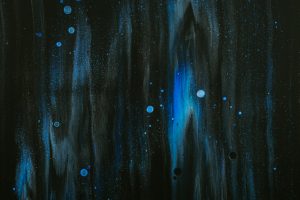 urchins rejoiced.
urchins rejoiced.

 urchins rejoiced.
urchins rejoiced.
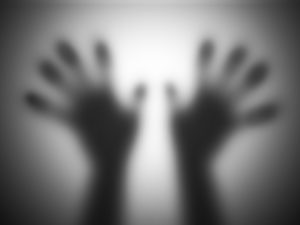
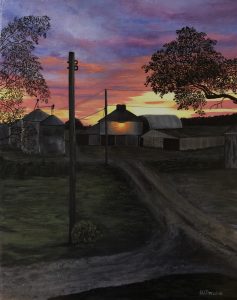
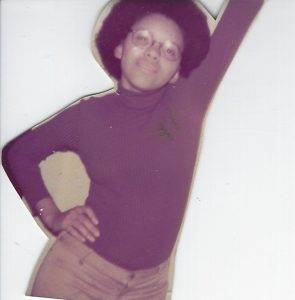 (as if they somehow
(as if they somehow erasing
erasing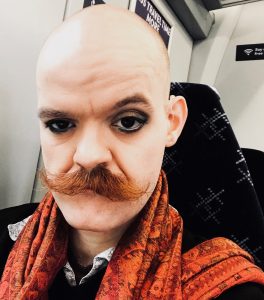
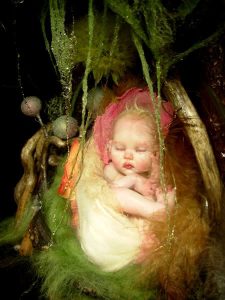 newborns need nurturing.
newborns need nurturing.